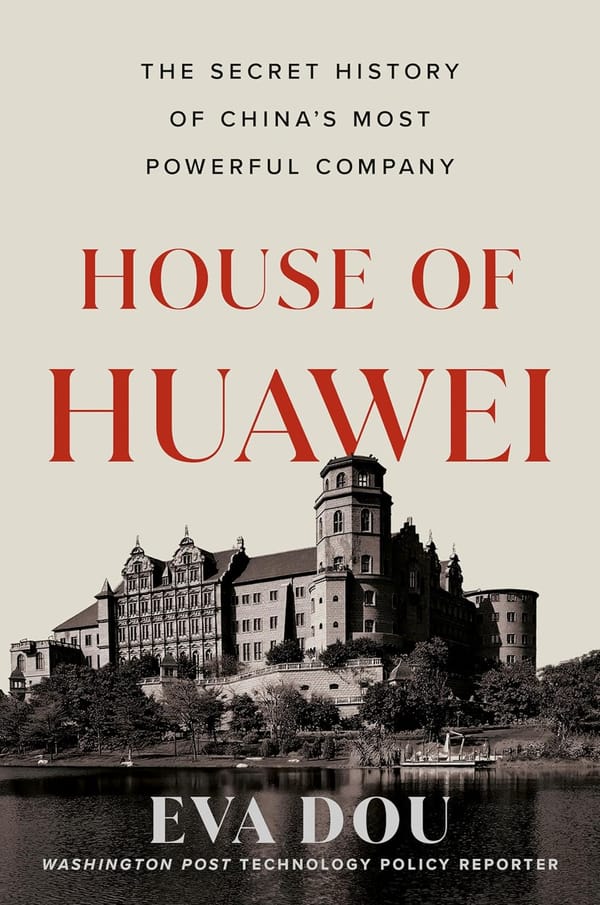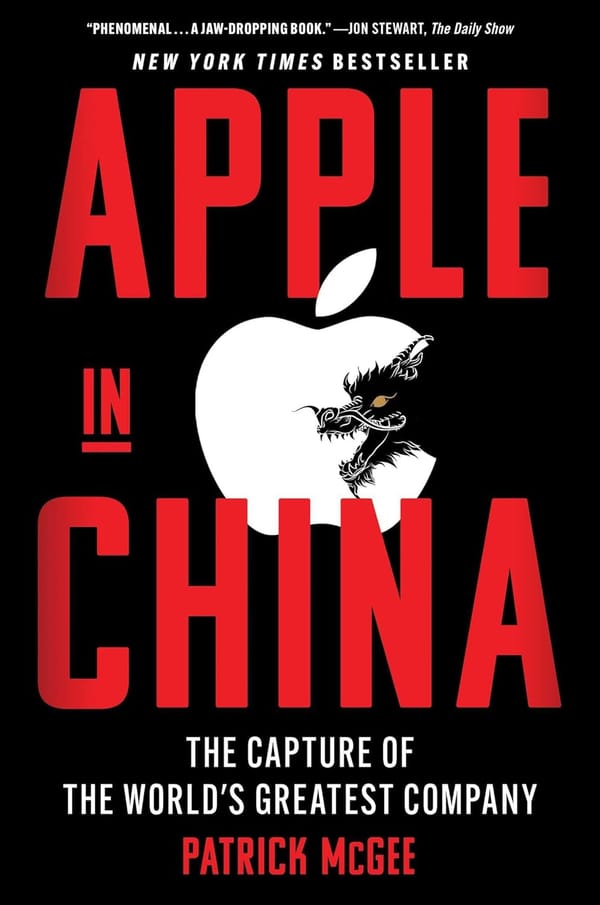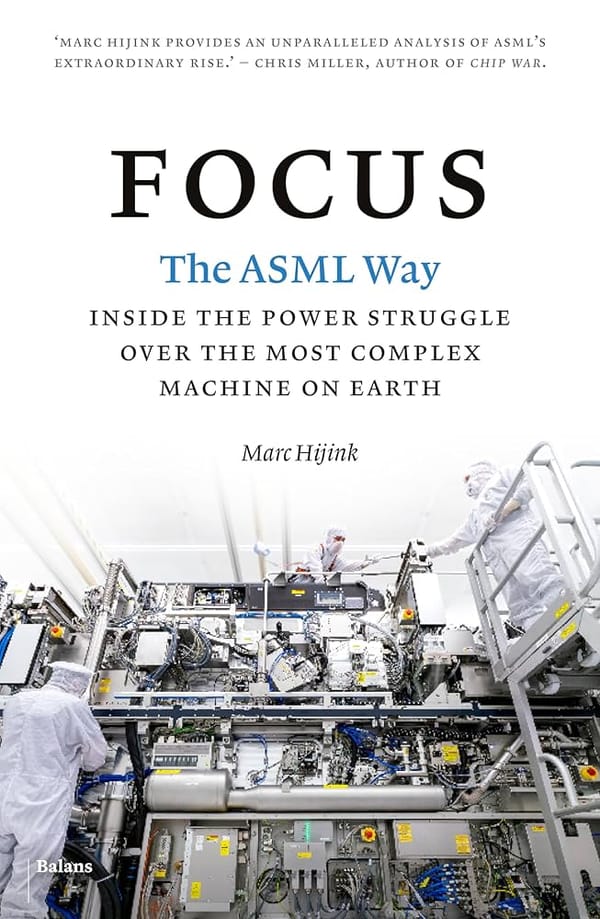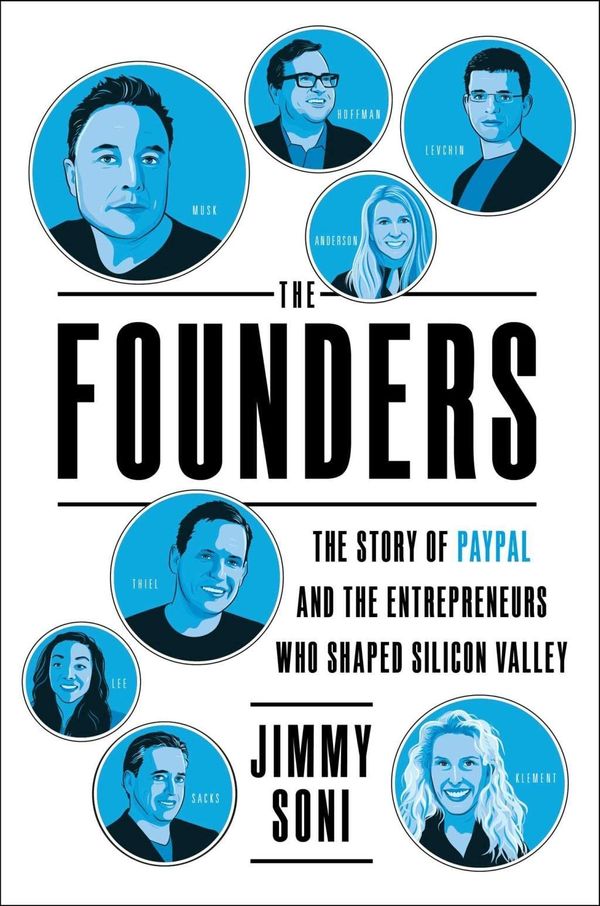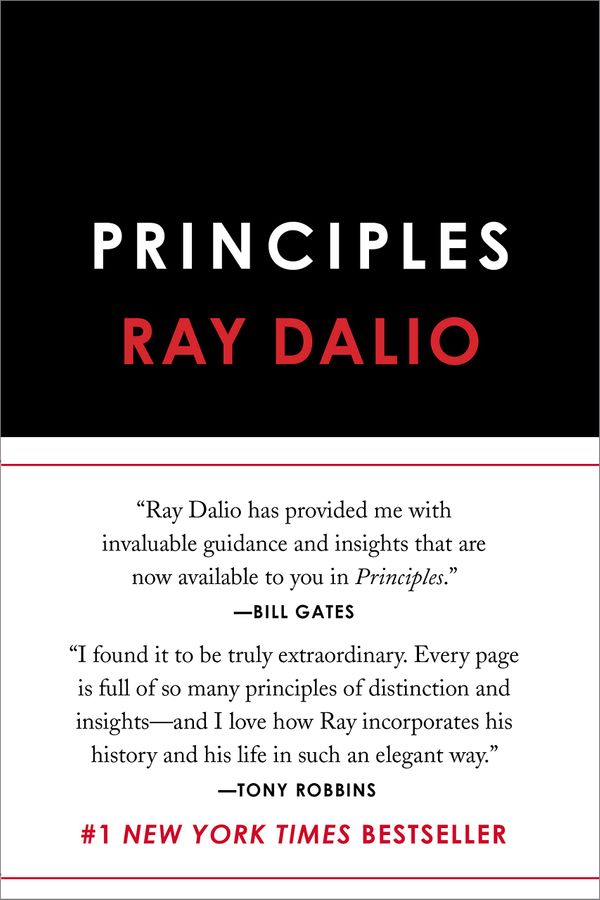By Eva Dou (2025)
Pages: 448 , Final verdict: Great-read
This story has it all: UN sanctions, Deng Xiaoping, the Iraq war, the smartphone market, and Trump. A lot of Trump.
In House of Huawei, longtime Washington Post (and former Wall Street Journal) journalist Eva Dou pieces together the story of one of the most powerful and secretive tech companies in the world. The result is a book that reads like a dual biography—of Ren Zhengfei, Huawei’s founder, and of modern China itself.
From Military Engineer to Global Titan
Ren started as a military engineer during the Cultural Revolution, surviving political purges and economic chaos. In the 1980s, as Deng Xiaoping opened the economy, he founded Huawei in Shenzhen—then a patch of farmland just across the border from Hong Kong. The company’s first international deal was in Hong Kong itself. Small, but a sign of what was coming.
Huawei grew fast. It built telecom networks in Africa, partnered across Europe, and poured billions into R&D. From its roots as a scrappy local player, Huawei became a global powerhouse. At its peak in 2020, it had over 190,000 employees, annual revenues surpassing $136 billion, and operations in more than 170 countries. That same year, it briefly overtook both Samsung and Apple to become the world’s #1 smartphone vendor, a stunning rise for a company that only entered the consumer market in the 2010s.
Then Came the Backlash
Trade wars. Sanctions. Accusations of espionage. During the Trump administration, Huawei became a flashpoint in the U.S.-China rivalry. In 2018, Ren’s daughter (and Huawei’s CFO) was arrested in Canada. The company was banned from using Google’s services, lost access to global chip suppliers, and was increasingly treated as a national security threat.
But Huawei didn’t collapse. Instead, it shifted into survival mode, focused on self-reliance, and kept building. It invested in its own chip design, launched its own operating system, and continued expanding in areas like cloud and enterprise infrastructure.
This book is packed with scenes that show just how deeply intertwined technology and geopolitics have become. It’s a business story, and a political one. Dou writes with clarity and restraint, weaving together timelines, global events, and the internal culture of a company that rarely speaks publicly.
Bottom Line
House of Huawei is a sharp and accessible read that helps explain one of the most important and misunderstood tech companies of our time. But Huawei’s extreme secrecy is also the book’s main limitation. With no insider interviews or direct access to company executives, the story is built almost entirely from public records, legal documents, and external reporting. It’s an impressive feat of synthesis, but not a deep investigative exposé.
Still, for anyone interested in tech, China, or global power shifts, this is a valuable book. It shows how Huawei grew from a modest startup into a national champion, and why the world now treats it like a geopolitical fault line.
